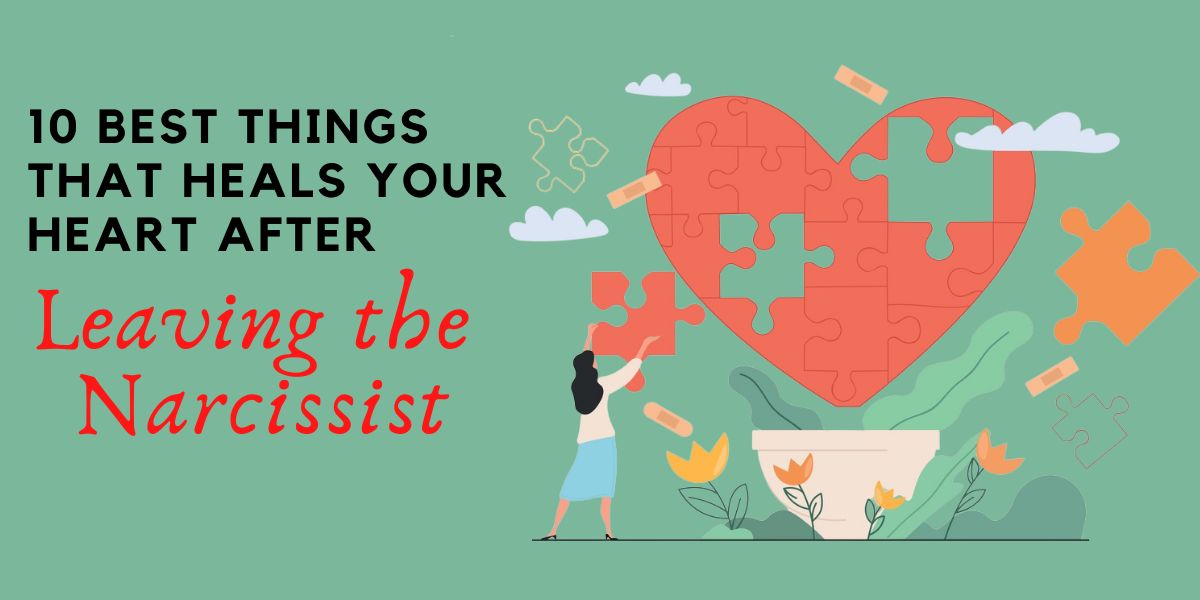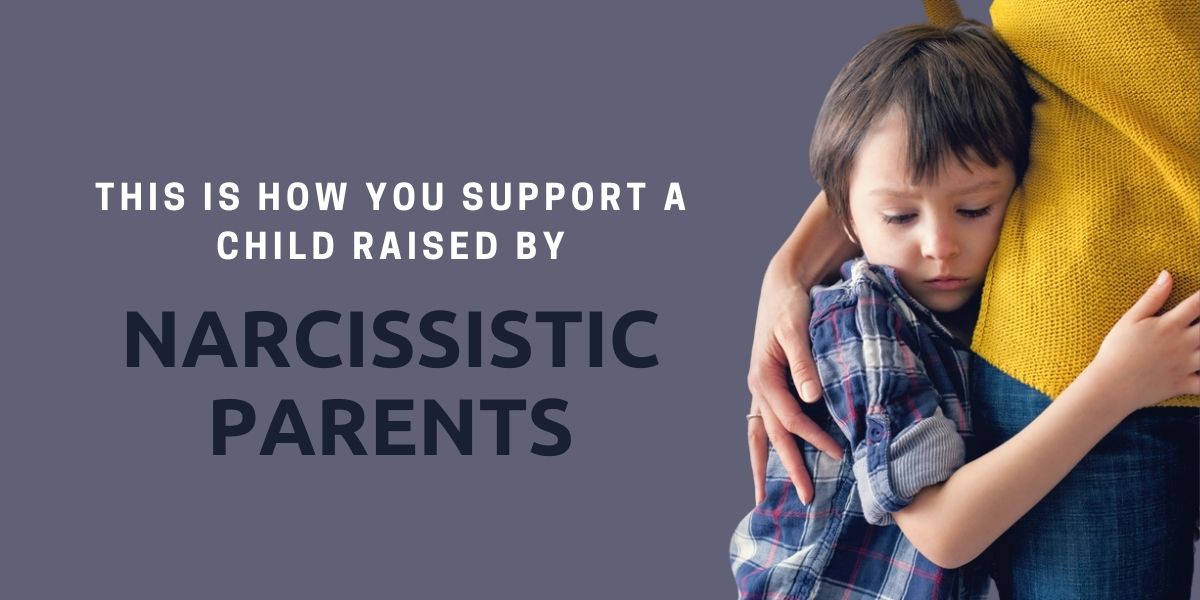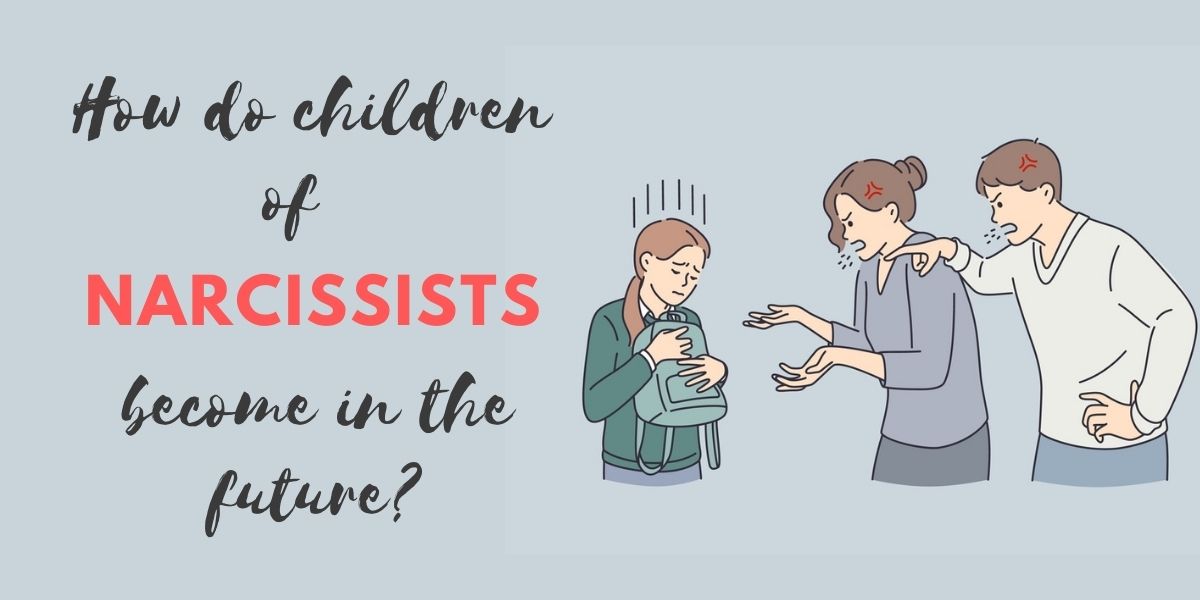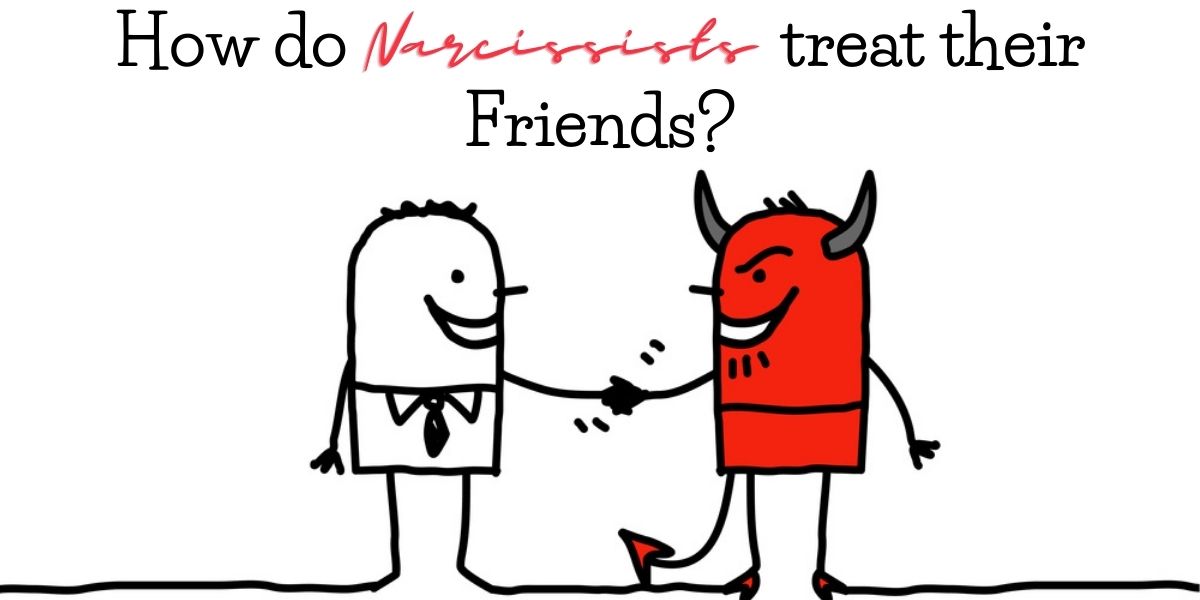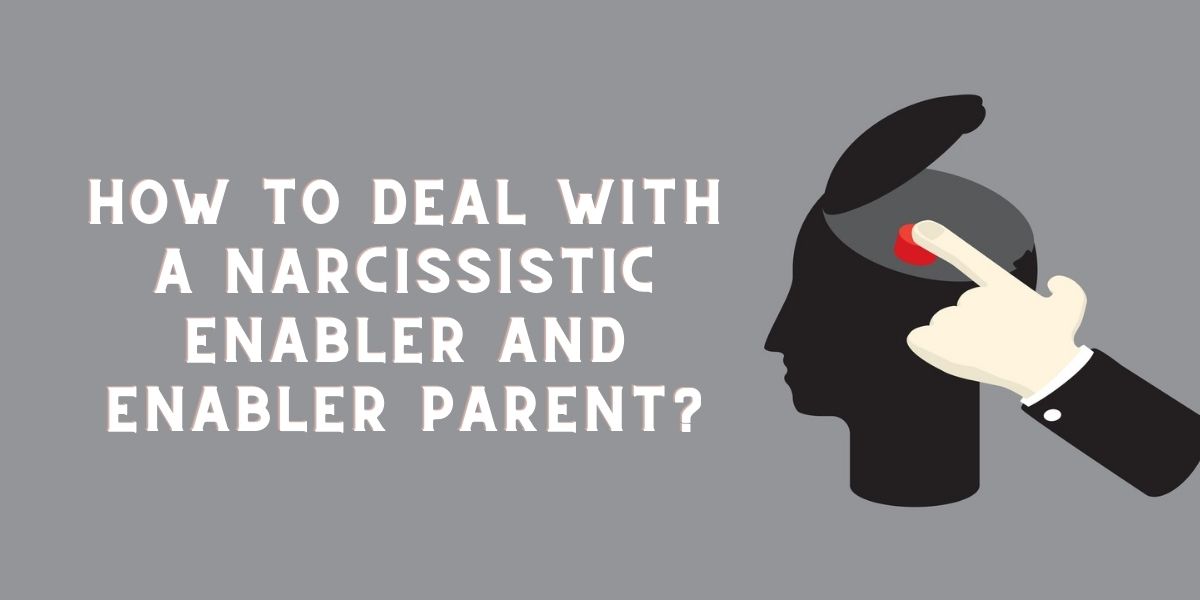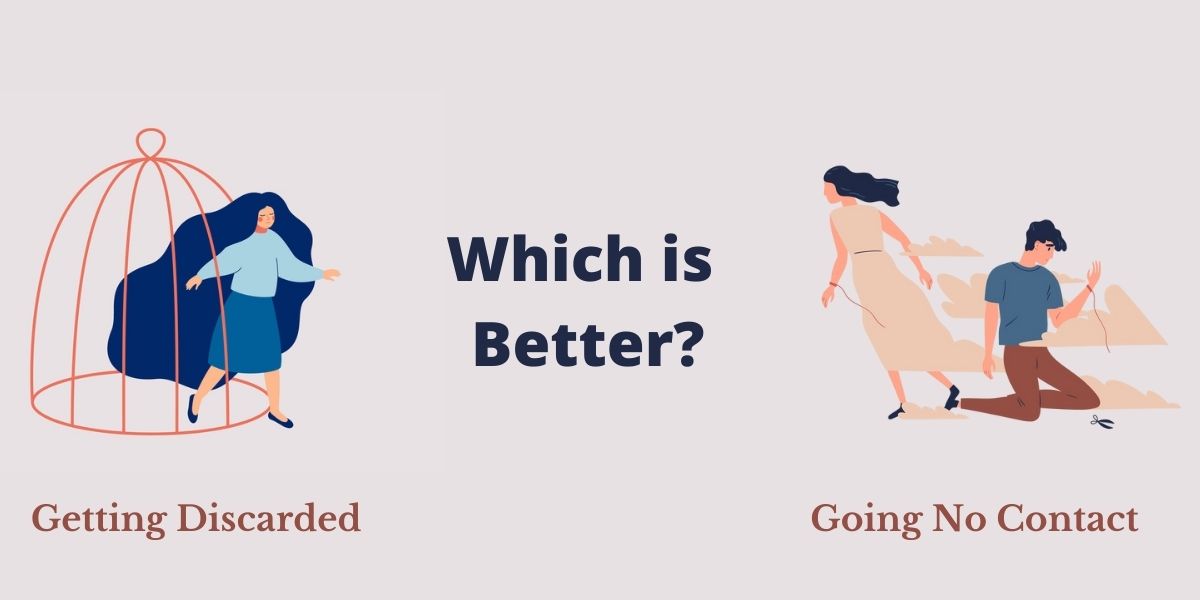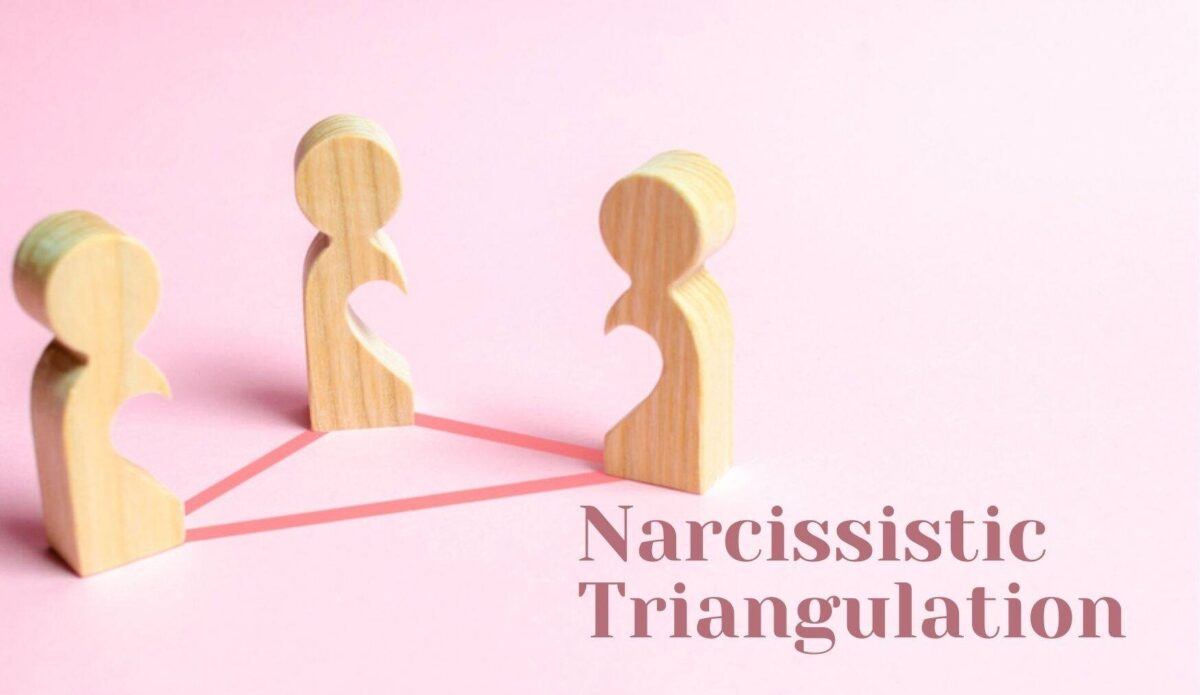
Cheating Patterns of the Covert Narcissists
Narcissists always follow certain patterns in their abusive behavior. They follow a unique pattern to cheat their partners. Cheating gets tougher to find and hard to get over when it is a covert narcissist especially. Covert narcissists often appear to be humble, shy, or even self-effacing, but underneath this facade lies a deep-seated need for admiration, validation, and control. Love and Covert Narcissist A covert narcissist is a type of narcissist who is less obvious in their narcissism than an overt or “classic” narcissist. They may appear shy, humble, or even self-effacing, but underneath they have the same sense of entitlement and lack of empathy as an overt narcissist. They may also use manipulation, control, and passive-aggressive behavior to get their way. Covert narcissists may have a difficult time with love, as they tend to be emotionally unavailable and can’t empathize with others. They may also be prone to idealizing and then devaluing their partners. They may also use love as a tool for manipulation, rather than genuinely caring for the other person. Why do covert narcissists cheat their partners? Covert narcissists may cheat because they have a strong need for attention and validation from different persons. They may seek out new partners to feed their ego, or to gain a sense of power over others. Narcissists lack empathy, and may not see the harm that their actions cause to others. They have a great sense of self-esteem and believe that they have the right to cheat and that their needs are more important than their partner’s emotions. If you are dating a person who possesses the traits of a covert narcissist, here are some cheating patterns they might do for you. The cheating Patterns of a Covert Narcissist Covert narcissists are known for being highly secretive and often hide their infidelities. They may cheat in a variety of ways, and some of the most common cheating patterns of a covert narcissist that include: 1. Emotional affairs A person who is covertly narcissistic may form deep emotional connections with people outside of their primary relationship. This can happen through social media or online platforms, where they may feel anonymous and free to express themselves without judgment. They may also seek out people who they believe will be a better match for them than their current partner. These emotional affairs can be just as damaging as physical affairs, as they can drain emotional energy and create distance in the primary relationship. For example, Your partner may have a close friendship with a colleague at work. They may confide in each other about their problems and feelings, and may even flirt with each other. They may feel that this colleague understands them better than you and may start to develop feelings for them. Your partner may not physically cheat on you, but the emotional connection they have with this colleague is a form of infidelity. 2. Manipulation The act of manipulating others is a primary tactic of a narcissist. In terms of Covert narcissists, they may manipulate their partner into believing that they are faithful, while secretly engaging in infidelity. They may use manipulation tactics such as lying, withholding information, and playing the victim to cover their tracks. Narcissists also tend to be very good at playing the victim. They may manipulate situations and make their partner feel guilty for questioning their loyalty, in order to keep them from suspecting anything. For example, Your partner may cheat on you but then manipulate you into thinking that they were not at fault. For example, they may blame you for not paying enough attention to them or for being too controlling, which led them to cheat. They may also convince you that they were drunk, depressed or that it was a one-time mistake. 3. Gaslighting Covert narcissists may use gaslighting tactics to blame their partner for their own infidelity or to make them question their own reality. They may deny any wrongdoing, even when presented with evidence to the contrary, and may make their partner feel like they are crazy for suspecting anything. This can lead to the partner feeling unsupported and isolated, which can make it difficult to leave the relationship. For example, Your partner may cheat on you and then convince you that you are overreacting or imagining things. They may also make you question your own memory, for example, by saying that you misremember the events or that you misunderstood their intentions. 4. Compartmentalization Covert narcissists may keep their relationships and affairs separate and compartmentalized so that their partner does not suspect anything. They may be very discreet in their activities and may have different phone numbers or email addresses for different people. They may also keep their affairs hidden from family and friends, which can make it difficult for the partner to discover the infidelity. For example, Your partner may cheat on you by keeping their relationships and affairs separate and compartmentalized. They may have a separate phone number or email address for their lover, and may only see them at certain times or places. He/She may also keep their affairs hidden from family and friends, which can make it difficult for you to discover the cheating behavior. 5. Denial Covert narcissists may deny any wrongdoing or infidelity, even when presented with evidence to the contrary. They may use manipulation tactics such as lying, withholding information, and playing the victim to cover their tracks. They may also make their partner feel guilty for questioning their fidelity, in order to keep them from suspecting anything. For example, Your partner may cheat on you and then deny any wrongdoing when confronted. They may use manipulation tactics such as lying, withholding information, and playing the victim to cover their tracks. They may even accuse you of being paranoid or not trusting them. They may also refuse to acknowledge any evidence that you may have that proves to cheat. A Final Suggestion…








